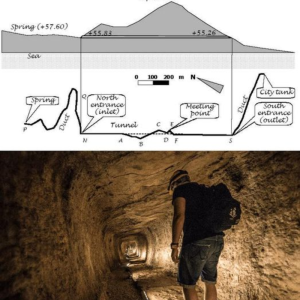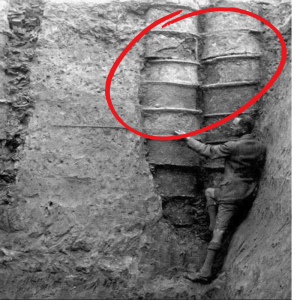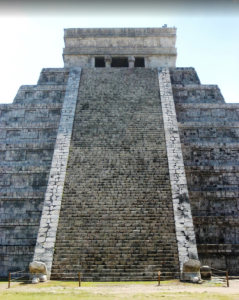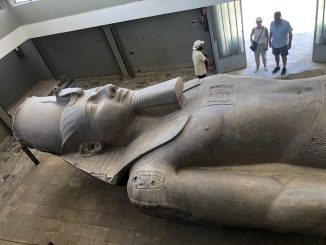Archimedes, born in Syracuse around 287 BC, emerged as a leading mathematician and inventor during the Hellenistic period. Renowned for inventions like the Archimedes screw, he left an indelible mark on both engineering and theoretical sciences.
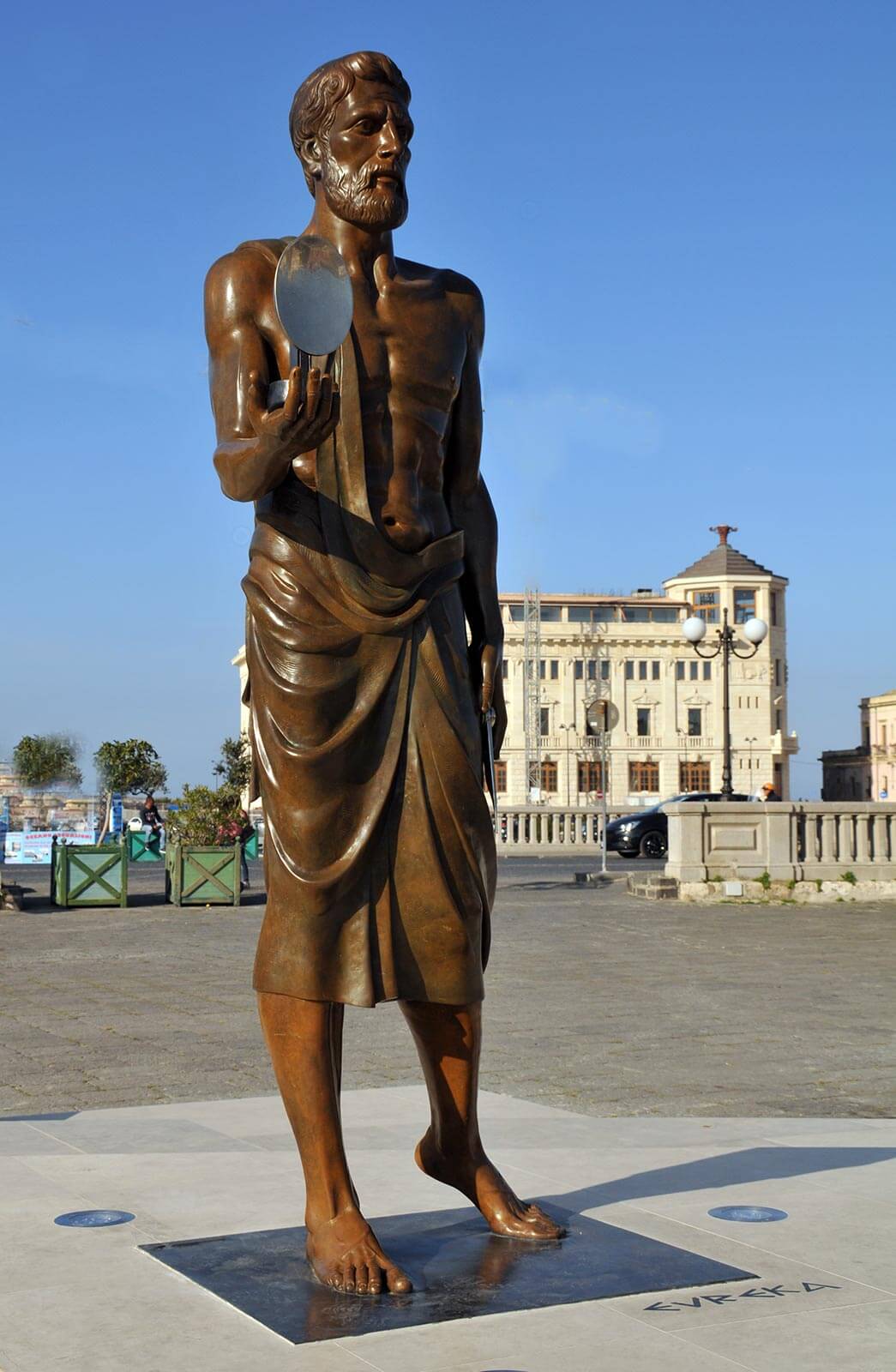
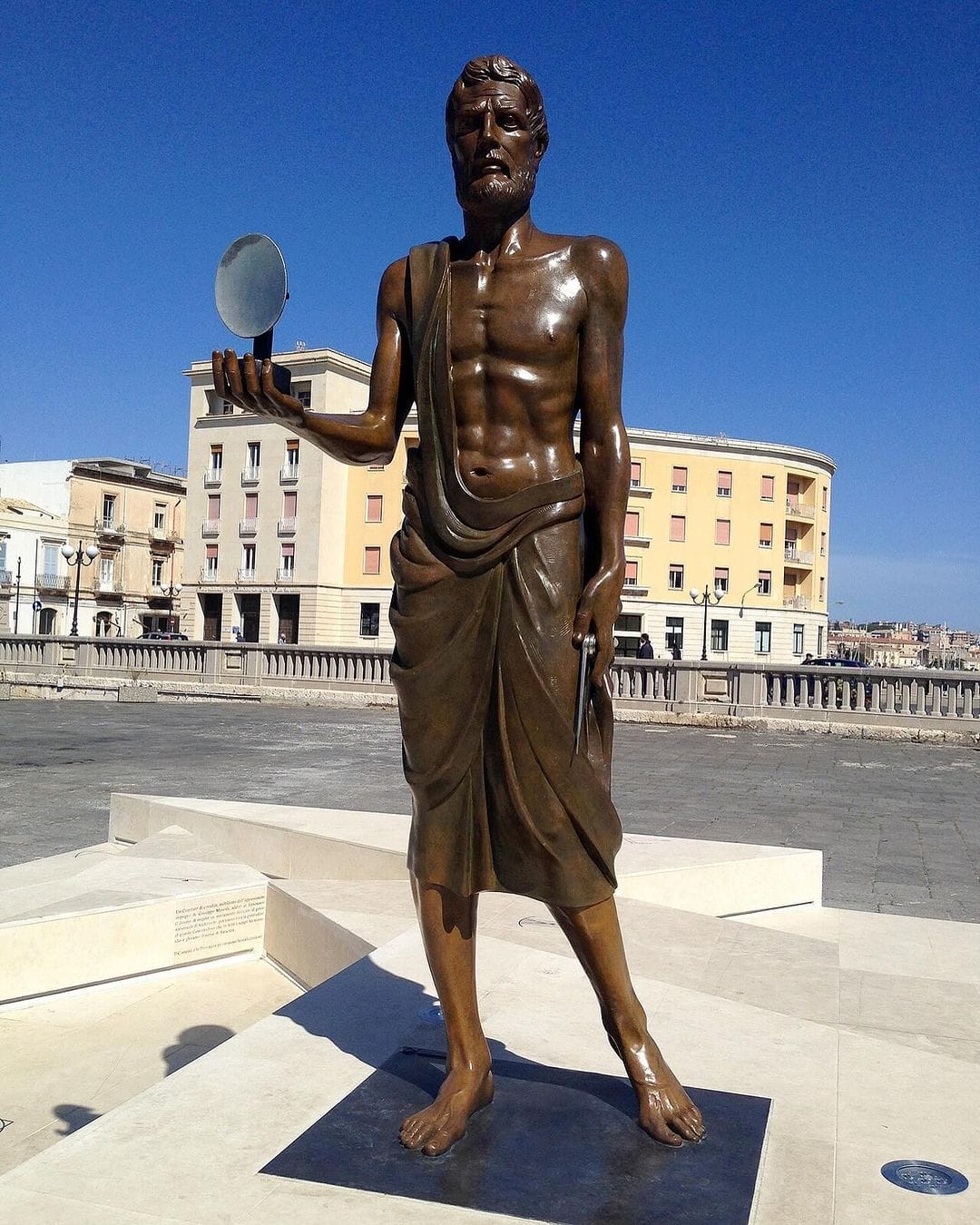
His mathematical breakthroughs included hydrostatic principles, allowing the measurement of an object’s volume when submerged in water, and advancements in calculating surface areas and volumes. The method of exhaustion, a precursor to integral calculus, showcased his analytical brilliance.
Archimedes’ genius extended to geometry, introducing the fundamental Archimedes’ principle in buoyancy. Surviving works such as “On the Sphere and Cylinder” reflect his profound exploration of mathematical concepts.
Beyond his intellectual pursuits, Archimedes played a crucial role in practical engineering, designing war machines instrumental during the Roman siege of Syracuse. Tragically, his life ended heroically during the sack of Syracuse in 212/211 BC, defending the city with inventive war machines. His legacy endures as a symbol of brilliance and innovation, influencing fields from mathematics to engineering.
